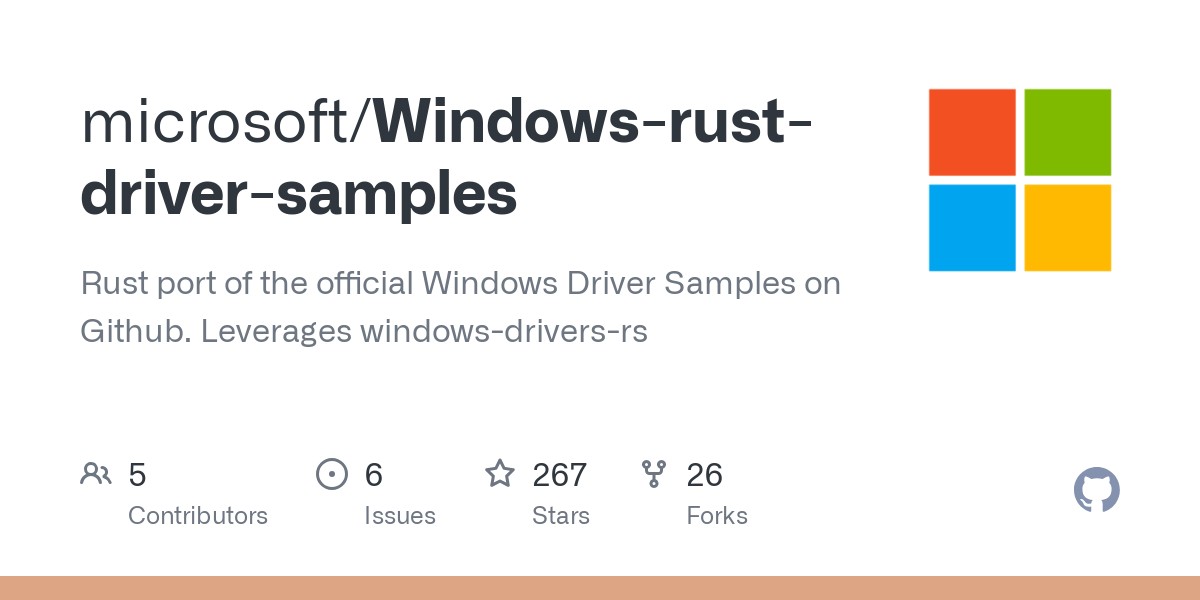
In a groundbreaking development for system programmers, writing Windows drivers in Rust is now possible, opening new possibilities for safer low-level programming. This article explores how to create a basic Windows Driver Model (WDM) driver using Rust.
A New Era for Driver Development
Rust's memory safety guarantees and zero-cost abstractions make it an appealing choice for systems programming. While Windows drivers have traditionally been written in C/C++, new tools and crates now enable developers to leverage Rust's safety features in kernel development.
The Booster Driver Project
The sample project demonstrates creating a "Booster" driver that can modify thread priorities in Windows. The driver accepts requests from user-mode applications to change thread priority levels.
Key Implementation Steps
Setting up the project environment requires:
- Windows Driver Kit (WDK) installation
- LLVM/Clang compiler
- Rust toolchain
Project configuration involves:
- Creating a library crate
- Adding WDK-related dependencies
- Configuring build settings
Core driver components include:
- DriverEntry function as the entry point
- Device object creation
- Request handlers for Create/Close/Write operations
- Memory allocation management
Technical Implementation Details
The driver removes standard library dependencies and implements:
- Custom allocator using WDK memory functions
- Panic handler for kernel mode
- Unicode string conversions
- IRP (I/O Request Packet) processing
- Thread priority modifications
Safety Considerations
The implementation requires some unsafe blocks for Windows kernel API interactions. However, Rust's ownership model helps prevent common driver bugs like:
- Buffer overflows
- Use-after-free errors
- Data races
Testing and Deployment
The driver requires:
- Digital signing with a test certificate
- Installation using Windows service control tools
- Testing with a user-mode client application
Looking Forward
While driver development in Rust is still maturing, it shows promise for creating more reliable system software. As the ecosystem grows, we can expect better abstractions and safer APIs for Windows kernel programming.